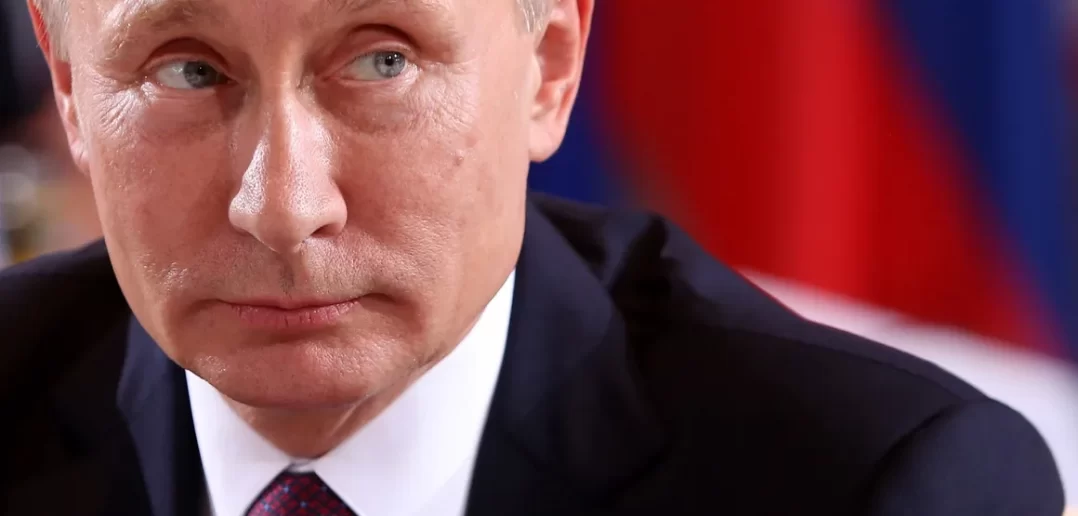
Moscow Declares Partial Mobilization
Ali Tuygan
With the opening of the 77th session of the UN General Assembly, world attention turned to New York. But what made the headlines during the past two days was the September 21 Kremlin address by President Putin announcing the partial mobilization of the Russian Federation and emphasizing that “only military reservists, primarily those who served in the armed forces and have specific military occupational specialties and corresponding experience, will be called up.” Moreover, Mr. Putin declared, “I would like to remind those who make such statements regarding Russia that our country has different types of weapons as well, and some of them are more modern than the weapons NATO countries have. In the event of a threat to the territorial integrity of our country and to defend Russia and our people, we will certainly make use of all weapon systems available to us. This is not a bluff.” [i]
Later in the day, President Biden addressed the UN General Assembly. Calling the war in Ukraine “a war chosen by one man,” he said:
“Let us speak plainly. A permanent member of the United Nations Security Council invaded its neighbor, attempted to erase a sovereign state from the map.
“Russia has shamelessly violated the core tenets of the United Nations Charter — no more important than the clear prohibition against countries taking the territory of their neighbor by force.
“Again, just today, President Putin has made overt nuclear threats against Europe and a reckless disregard for the responsibilities of the non-proliferation regime.” [ii]
Russia’s declaration of partial mobilization reminded me of what had proved a great challenge for the Tsarist regime regarding general mobilization before the beginning of the First World War. This was a hundred years after Napoleon Bonaparte’s, and only twenty-three years before Hitler’s invasion of Russia.
On July 23, 1914, nearly a month after the assassination of Archduke Franz Ferdinand in Sarajevo, the Austro-Hungarian Empire delivered an ultimatum to Serbia. Russia had been a supporter of Belgrade all along and St. Petersburg’s ambassador there was Nicholas Hartwig known for his extreme Pan-Slavist views urging the strongest possible stand against Vienna. Nonetheless, Tsar Nicholas II desperately sought to balance the imperative to support Serbia against avoiding a European war for which Russia was not fully ready.
As a first reaction, a proposal discussed between Foreign Minister Sazonov and the Chief of General Staff General Yanushkevich, a day after the Austro-Hungarian ultimatum, was first to mobilize the military districts of Kiev, Odessa, Moscow, and Kazan but to refrain from taking similar measures in the districts of Warsaw, Vilna, and St. Petersburg to avoid alarming Germany. However, for other military commanders, this could only be a self-defeating measure. Partial mobilization appeared to be another option. But after much hesitation, the Tsar, after a brief volte-face, succumbed to pressure to take a decisive step and ordered general mobilization on July 29, 1914. And on August 1, Germany declared war on Russia.
Could a European war be avoided had common sense prevailed? Who knows. But Christopher Clark’s remarkable book, “The Sleepwalkers: How Europe Went to War in 1914” offers much insight into those years. And it is the most enjoyable reading.
Obviously, what took me to the beginning of the First World War was President Putin’s declaration of partial mobilization which was only to be expected. Because in his address on Wednesday, President Putin drew attention to a protracted line of contact over 1,000 kilometers long. It seems that pushing back and/or defeating Ukrainian forces now equipped with advanced Western conventional Western weaponry over such a broad front has become a big challenge for Russia. After all, since the end of the Second World War, except for its failed invasion of Afghanistan which ended in February 1989, the Soviet Union did not fight a major war. And soon after, in September 1991, the Congress of People’s Deputies voted for the dissolution of the Soviet Union. But the West fought wars after the end of the Cold War and invested more in its military than Russia. Thus, President Putin’s expectation of a quick Russian victory against Ukraine proved a huge miscalculation. And as President Biden said erasing a sovereign state from the map is a violation of the core tenets of the UN Charter. But so is invading or intervening in countries without UN approval.
Some months ago, I said that by all indications, the Ukraine conflict would gradually turn into a protracted war. In other words, the fighting would lose intensity, and perhaps ceasefires would be declared, only to be followed by allegations of their violation. At present, this no longer appears to be the worst-case scenario. Because the use of tactical nuclear weapons by Russia can no longer be dismissed despite its potentially disastrous consequences. Europeans are getting close to a freezing winter and accuse Moscow of weaponizing energy as if this is just a war between Russia and Ukraine. The incredible propaganda war continues unabated. And voices of moderation on both sides are discouraged from speaking their mind. Diplomatic engagement is limited to the grain deal and prisoner exchanges. Those are important achievements but more needs to be done. A sober assessment of what is now an expanding conflict in Europe, and what could have been done to avert it or contain the damage would take years to emerge. Because after seven months of fighting, Russia and the West are still engaged in nothing but black-and-white mutual accusations.
Unfortunately, this is now a conflict between Russia and the West. And there is every reason not to sleep-walk once again into another major European war.
————————————————————————————————————-
[i] http://en.kremlin.ru/events/president/news/69390
[ii] https://www.whitehouse.gov/briefing-room/speeches-remarks/2022/09/21/remarks-by-president-biden-before-the-77th-session-of-the-united-nations-general-assemb









